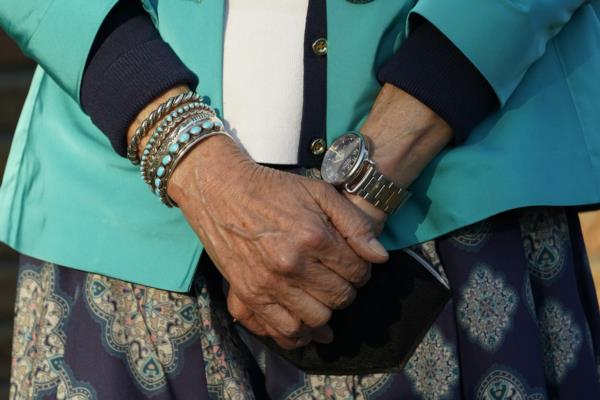
Deb Haaland, the first Native American to serve as a cabinet secretary, recently wrapped up her four-year term as the U.S. Interior Secretary. During her tenure, Haaland focused on addressing critical issues such as climate change, biodiversity, and Native American rights.
Haaland's approach to energy development on public lands was marked by a balance between conservation and production. While acknowledging record-high production levels during her term, she highlighted the establishment of renewable energy projects and conservation efforts on federal lands.
Haaland's advocacy extended to wildlife protection, with the creation of national wildlife refuges and the expansion of existing ones. She emphasized the importance of biodiversity conservation in the face of climate change challenges.
One of Haaland's significant achievements was her commitment to tribal sovereignty and consultation. She established a tribal advisory committee within the Interior Department and prioritized consultation with Native American tribes, resulting in 400 co-stewardship agreements and the creation of new national monuments.











Haaland also led efforts to address a painful chapter in American history by shedding light on the trauma inflicted by boarding schools on Native American children. Her initiative to uncover the extent of the damage done by these schools resulted in major reports and policy recommendations aimed at healing.
Reflecting on her tenure, Haaland emphasized the importance of community collaboration and the legacy of resilience passed down by her ancestors. She highlighted the need for ongoing efforts to address historical injustices and support tribal communities.
Haaland's departure from office was marked by emotional farewells and reflections on the progress made during her term. As she looks to the future, she remains committed to advocating for Indigenous rights and environmental conservation.







